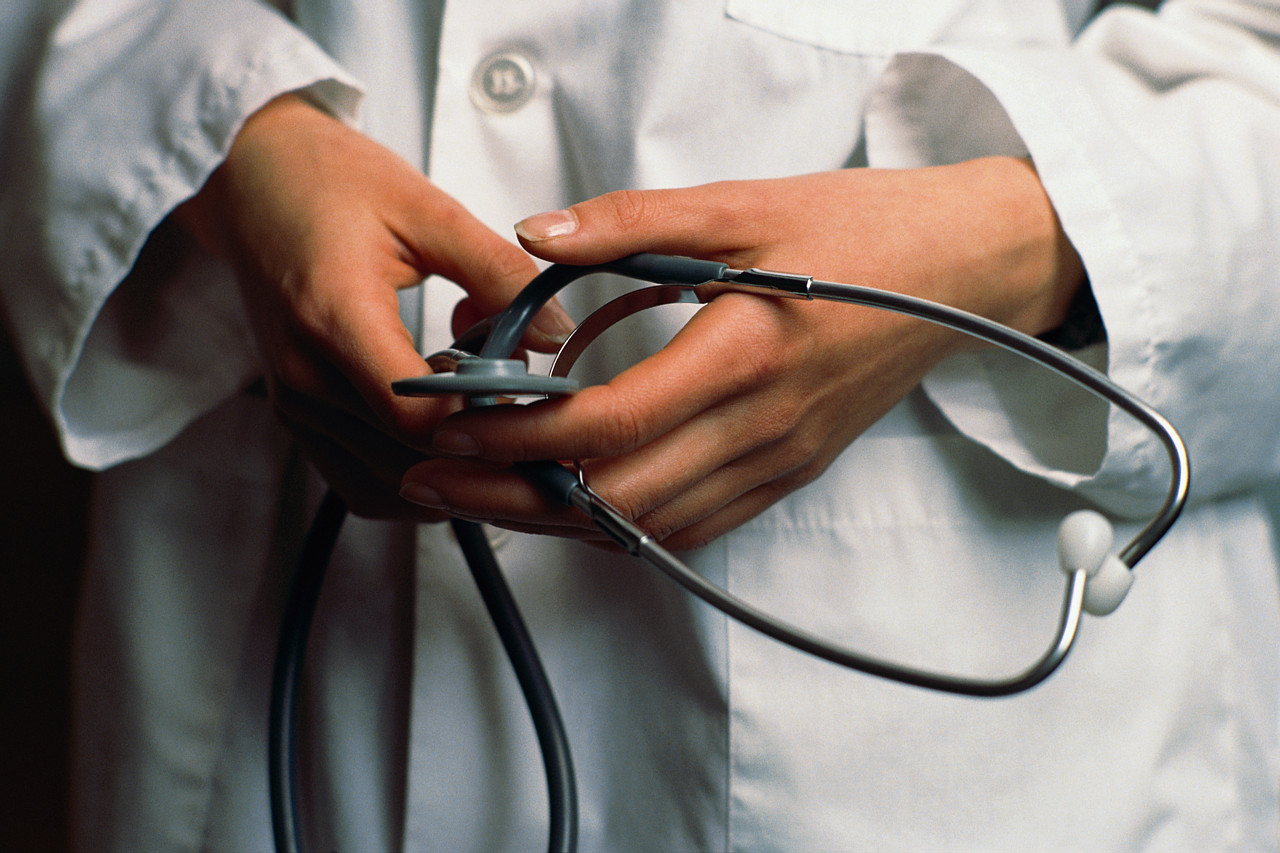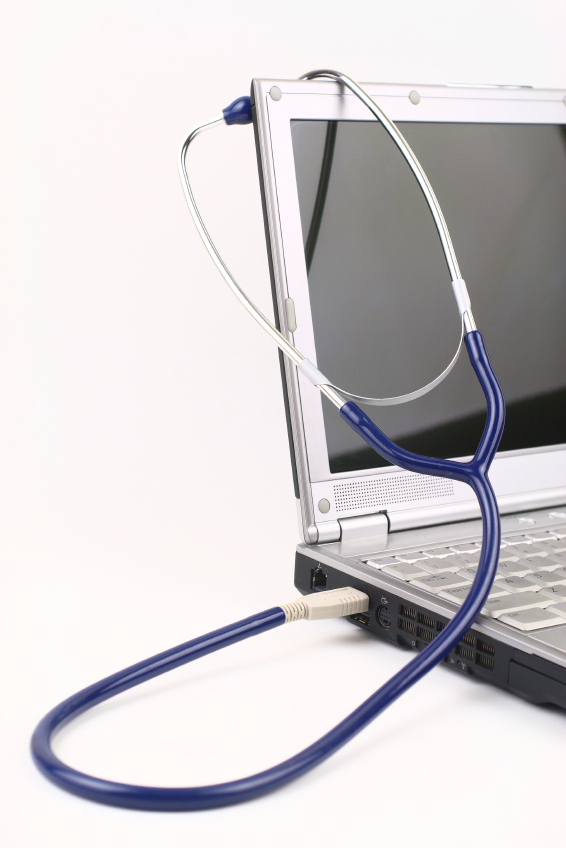Headlines I Wish I Hadn’t Seen
 9 out of 10 doctors are unwilling to recommend health care as a profession.
9 out of 10 doctors are unwilling to recommend health care as a profession.
Drug cost-sharing in the ObamaCare exchanges is 34 percent higher than in policies prior to the law.
 HealthCare.gov is still missing massive, critical pieces…the system’s “back end” is a tangle of technical workarounds moving billions of taxpayer dollars and consumer-paid premiums between the government and insurers.
HealthCare.gov is still missing massive, critical pieces…the system’s “back end” is a tangle of technical workarounds moving billions of taxpayer dollars and consumer-paid premiums between the government and insurers.
Measles making a comeback: Anti-vaccine activism to blame.
Panel: Federal policies to reward high-quality health care are unfairly penalizing doctors and hospitals that treat large numbers of poor people.
Uninsured patients who seek trauma care at a Healthcare Corporation of America hospital will no longer be charged a special trauma fee, which sometimes added as much as $30,000 to their bills…
“Even so, waiving the trauma fees for uninsured HCA patients might have little impact. Hospitals generally collect only a portion of what they bill patients. And the amount collected from uninsured patients — compared to those covered by auto or health insurance policies — can be tiny.”
HCA told the newspaper that their hospitals collect $300 on average from uninsured patients. (More)
 In 2009, the federal government budgeted $30 billion to incentivize doctors and hospitals to install electronic health records and use them “meaningfully”. Here are the results from Boston’s Brigham & Women’s Hospital — one of the leading academic medical centers in the country:
In 2009, the federal government budgeted $30 billion to incentivize doctors and hospitals to install electronic health records and use them “meaningfully”. Here are the results from Boston’s Brigham & Women’s Hospital — one of the leading academic medical centers in the country:
Of 858 physicians, 540 (63%) were “meaningful users”. Meaningful use was associated with marginally better quality for 2 measures, worse quality for 2 measures, and not associated with better or worse quality for 3 measures.
Meaningful use of electronic health records was correlated with better control of cholesterol in patients with diabetes and of blood pressure in hypertensive patients. The meaningful-use group provided worse treatment of asthma and depression than the non-MU group did.
HT: Ken Terry, Medscape.
Is Paul Krugman a shameful floccinaucinihilipilificator?
PCPs are opting out: choosing less rigorous work for hospitals, concierge practice and retirement.
3D printing breakthrough: Surgeons replace entire skull.
At least three states with their own ObamaCare exchanges may let healthcare.gov take over.
Ontario, Canada’s largest province, moves to outlaw all gifts from drug-makers to doctors.
 …[T]he results of this analysis show that the case for bundled hospital payments for the privately insured is much weaker — post-acute care and other ancillary services account for a relatively small share of overall spending on hospitalization episodes, and they account for almost none of the variation in episode spending from one hospital to another.
…[T]he results of this analysis show that the case for bundled hospital payments for the privately insured is much weaker — post-acute care and other ancillary services account for a relatively small share of overall spending on hospitalization episodes, and they account for almost none of the variation in episode spending from one hospital to another.
Study. HT: Austin Frakt.
Atul Gawande has become famous for The Checklist Manifesto, which makes the case for delivering medical care like The Cheesecake Factory delivers cheesecake. However, David R. Urback and colleagues reported these results:
Implementation of surgical safety checklists in Ontario, Canada, was not associated with significant reductions in operative mortality or complications…
During 3-month periods before and after adoption of a surgical safety checklist, a total of 101 hospitals performed 109,341 and 106,370 procedures, respectively. The adjusted risk of death during a hospital stay or within 30 days after surgery was 0.71% (95% confidence interval [CI], 0.66 to 0.76) before implementation of a surgical checklist and 0.65% (95% CI, 0.60 to 0.70) afterward (odds ratio, 0.91; 95% CI, 0.80 to 1.03; P=0.13). The adjusted risk of surgical complications was 3.86% (95% CI, 3.76 to 3.96) before implementation and 3.82% (95% CI, 3.71 to 3.92) afterward (odds ratio, 0.97; 95% CI, 0.90 to 1.03; P=0.29).
Atul Gawande responds to the checklist study. So does Aaron Carroll.
The 2009 HITECH Act authorized billions of taxpayers’ dollars be spent to pay hospitals and physicians “incentives” to adopt EHRs. The Congressional Budget Office estimates that the total tab will be $30 billion from 2011 through 2019. The Government Accountability Office has just reported on the results so far.
Not surprisingly, with so much money being spent, there was a lot of uptake: 45 percent of eligible hospitals had EHRs in 2011, versus 64 percent in 2012. For physicians and allied professionals, the share went up from 21 percent to 48 percent. However, the high net adoption rate disguises significant drop outs:
Specifically, within the 36 states that had completed their determinations of which providers would receive incentive payments for the 2012 Medicaid EHR program year, 61 percent of professionals and 36 percent of hospitals that participated in the Medicaid EHR program in 2011 did not continue in 2012. Sixteen percent of professionals and 10 percent of hospitals participating in the Medicare EHR program in 2011 did not continue to participate in 2012. (p. 23)